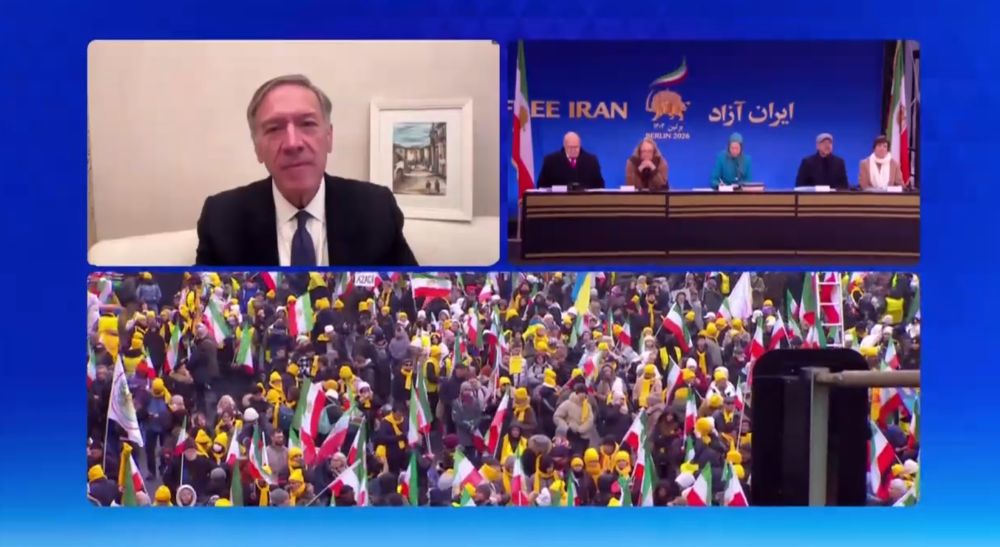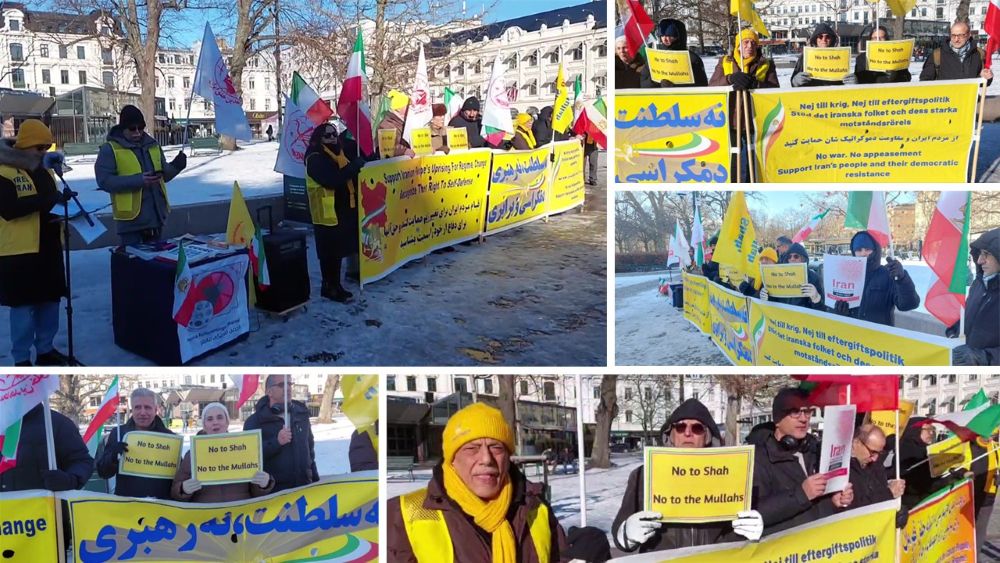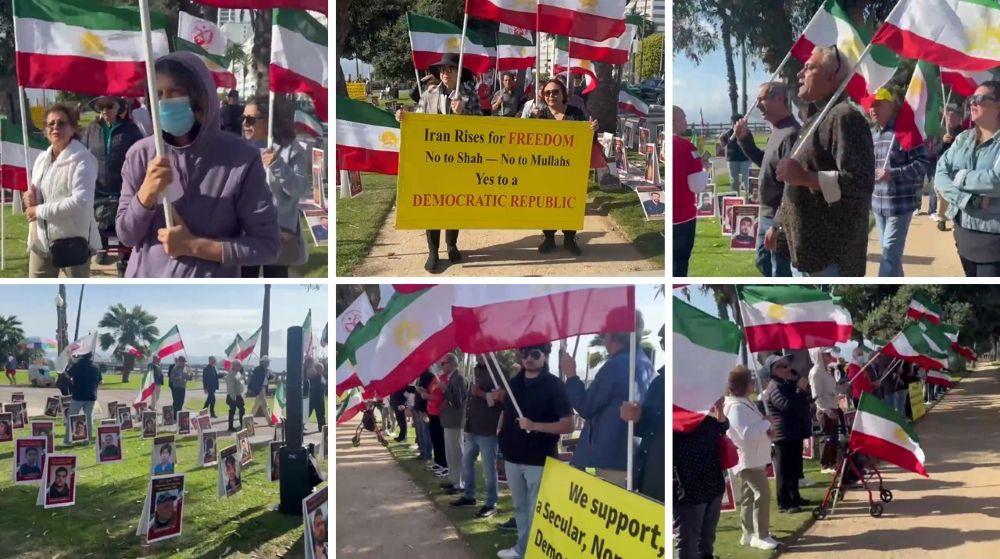Claude Monequet: For 40 years from time to time, I was confronted to Iranian state-sponsored terrorism
Thank you very much, Mr. President.
Ladies and gentlemen the arrest in Brussels of the suspect planning an attack against the meeting in Villepinte on June 30, and the following investigation is extremely interesting. It is interesting because, for the first time since years, we have earned the clear evidence of the implication of the Islamic Republic of Iran in the international terrorist operations inside Europe.
The key-man of this plot was indeed Assadollah Assadi, the diplomat in the Iranian embassy in Vienna and probably one of the coordinators of the special operation of the ministry of intelligence and security, the Iranian department supervising the intelligence supervision of the regime inside and outside the country.
For many of us, it didn’t come as a surprise. I was working on security issue for the last 40 years, first as a journalist, then for 20 years as an agent for the external intelligence and for the last 16 years as the co-founder and CEO of the European strategic intelligence and security center. For 40 years from time to time, I was confronted to Iranian state-sponsored terrorism.
The first time I worked on Iranian connection with terror, was in the 80’s when the Iranian authorities organized a large terror campaign against the French interest.
I think it makes sense today to remind this period which is full of lessons. On October 23, 1983, in Beirut, Lebanon, members of the front Organization of the Islamic Jihad, for the action of the Iranian intelligence attacked Drakkar building, which served as a base for French troops. 58 French peacekeepers were killed. The same day by the way, on another attack 241 U.S. Marines were killed. Then, we saw various terrorist organizations taking the hostage in Lebanon. Four of those hostages, Michel Serage, Jean-Paul Kauffmann, Marcel Fontaine, and Marcel Carton were French. Then between December 1985 and September 1986, we had 11 bomb attack in Paris. Those attacks killed 14 people and 200 people were wounded. In that period we were absolutely blind, with no evidence to help us to understand who was behind those attacks. And then after months and months, something happened. Some French authorities were told that both the hostage affaire and the attacks in Paris were linked to Iranian agencies.
Contacts were open between Iranian and some non-official French operatives. Discussion took place in Geneva but also in Tehran, and slowly it appeared that by solving the problems we had with Iran It was possible to exit the crisis. Of course the Iranian representative never said they were the masterminds of neither attacks in Paris nor the Beirut kidnappings, instead, they posed constantly as an honest broker. They prefer to say, for instance, we have some information on the luggage you have lost. “Luggage you have lost” was the very exact expression they used several times to design the French hostages in Beirut, “Luggage you have lost”! And we feel that maybe we can help you to recover one or two of your luggage. Of course, it would be easier if you do this or that. And we did it, we gave the Iranian everything they wanted.
And everything ended, no more hostages in Lebanon, and no more attacks in Paris, at least for a few years.
I have investigated on so many terrorist events link to Iran my deep conviction is that terrorism is not an accident in the history of Iran, it is a method. The Iranian government uses terror inside its border against its opponents, and it uses terrorism outside when it thinks it could help its interests. Terrorism is so notelets one of the tools of the Iranian foreign policy. I say that this foreign policy use four tools. First classical diplomatic collations. Then, of course, commercial relations, then influence through a foreign organization like Al-Zahra Centre, the fourth tool is of course terrorism.
When they have a problem to solve, the Iranian leaders, examine as a matter which tool to use. If they decide to use terrorism, they do it directly through the ministry of intelligence or the IRGC, the Revolutionary Guard, or indirectly through proxy foreign like Hezbollah, or other organizations.
That is why the Villepinte plot is so important. Because it attests that terrorism is still a routine option that the Iranian authorities use to solve their problems. It tells us also, that appeasement with Iran is not an option. We had the attacks against the Drakkar in 1983, we did nothing we did not answer. Two years later, we had the hostage crises in the attack in Paris, we negotiated. Four years later we had the assassination of Shahpoor Bakhtiar. Nineteen years later, the killer of Bakhtiar was freed, a few years ago. And now we have the Villepinte story, the Villepinte plot. I think that this is something our leaders must take the time to think about it.
Thank you



